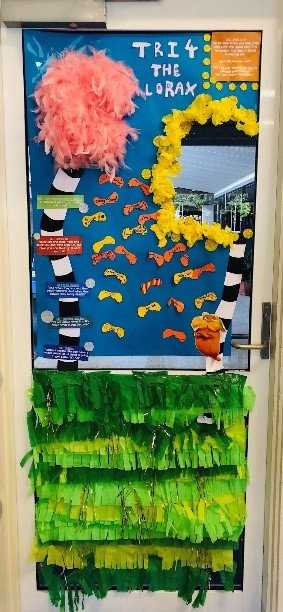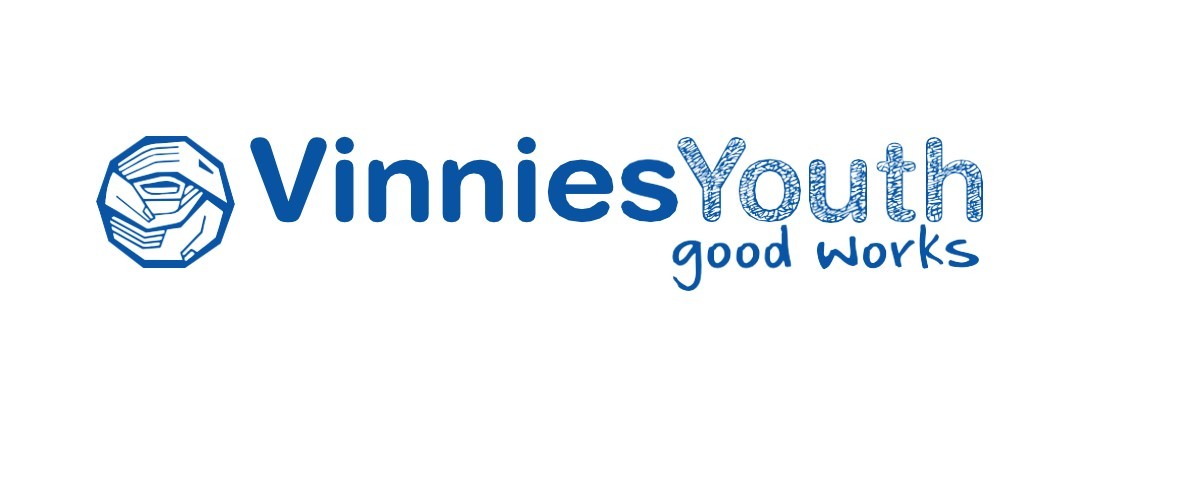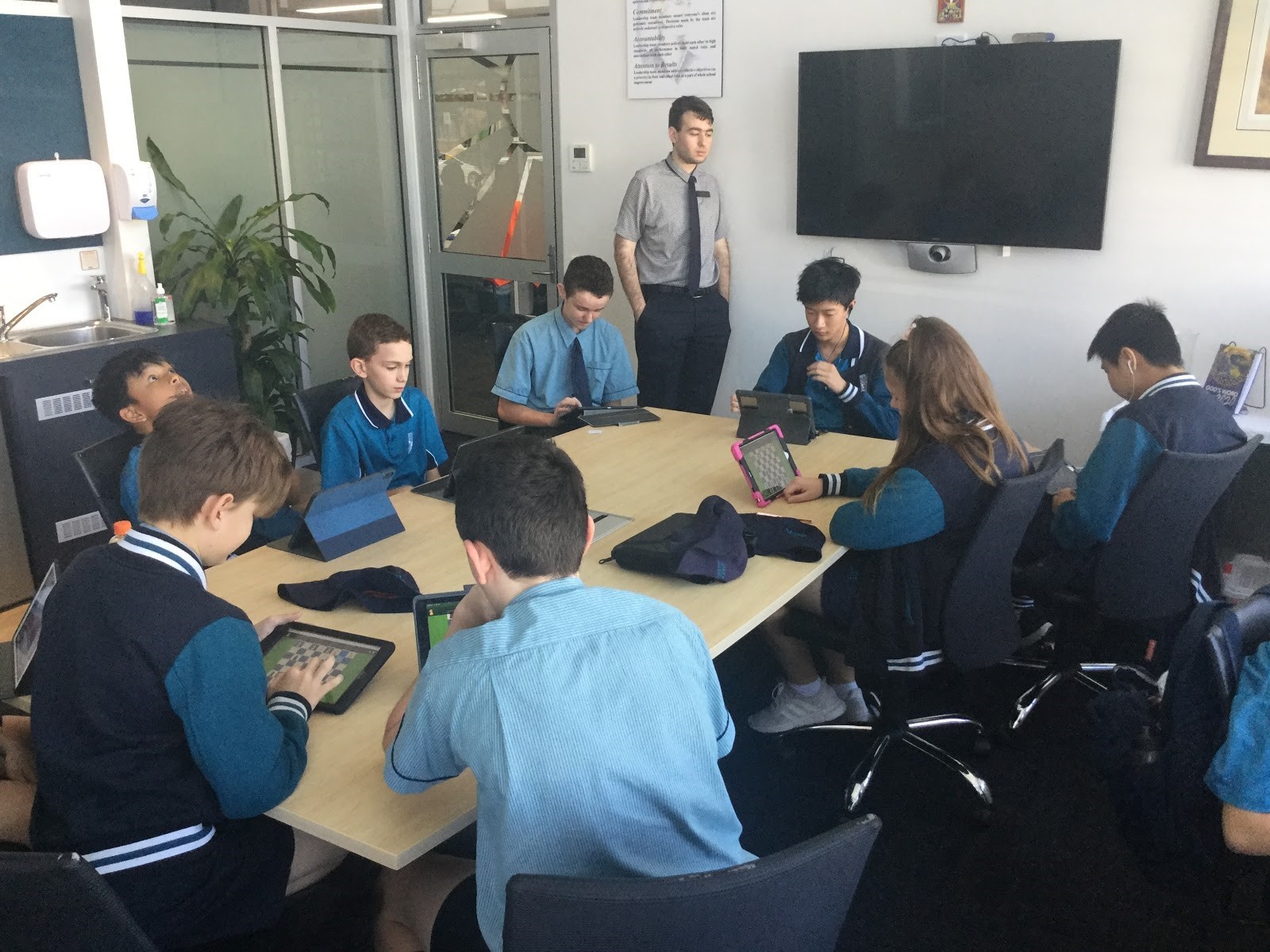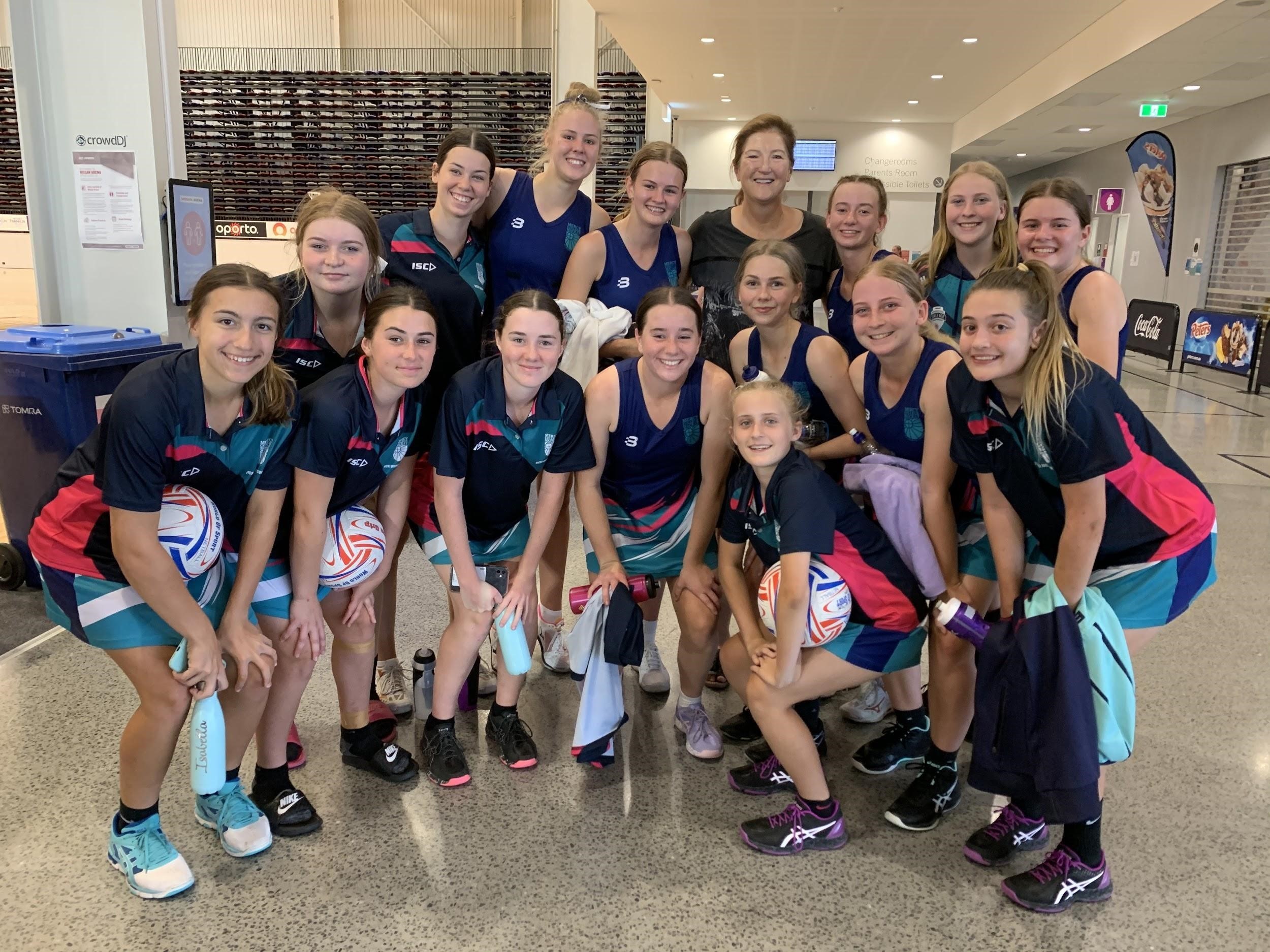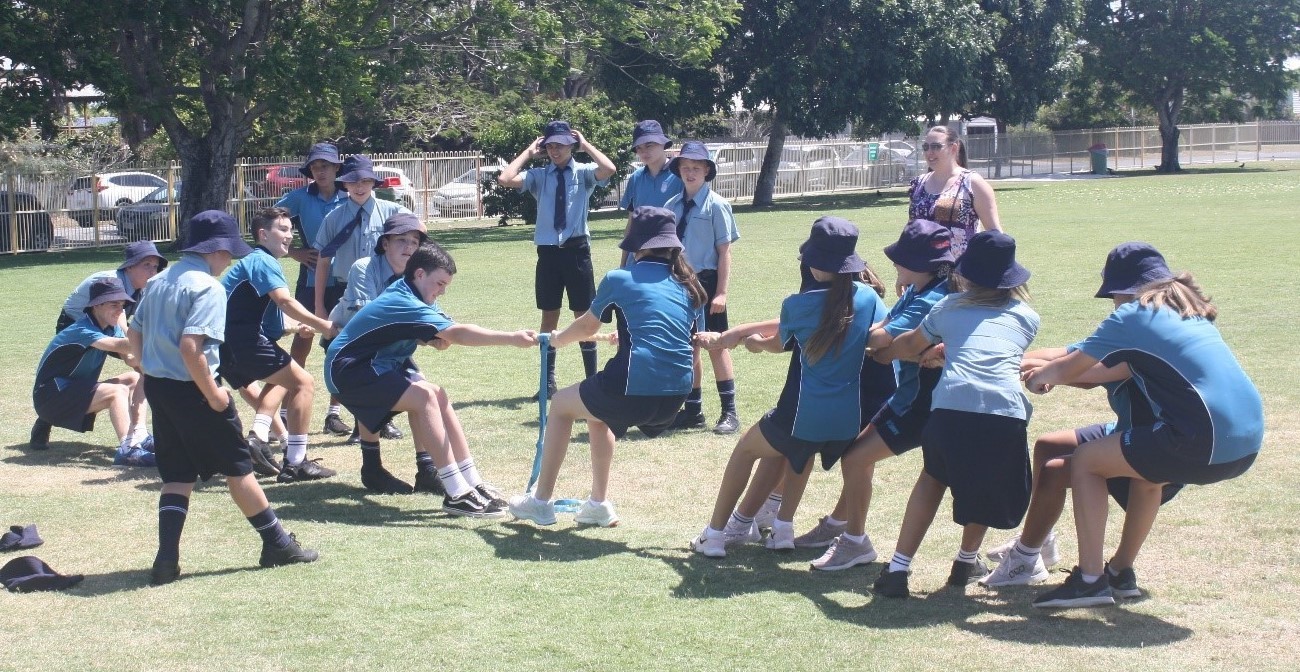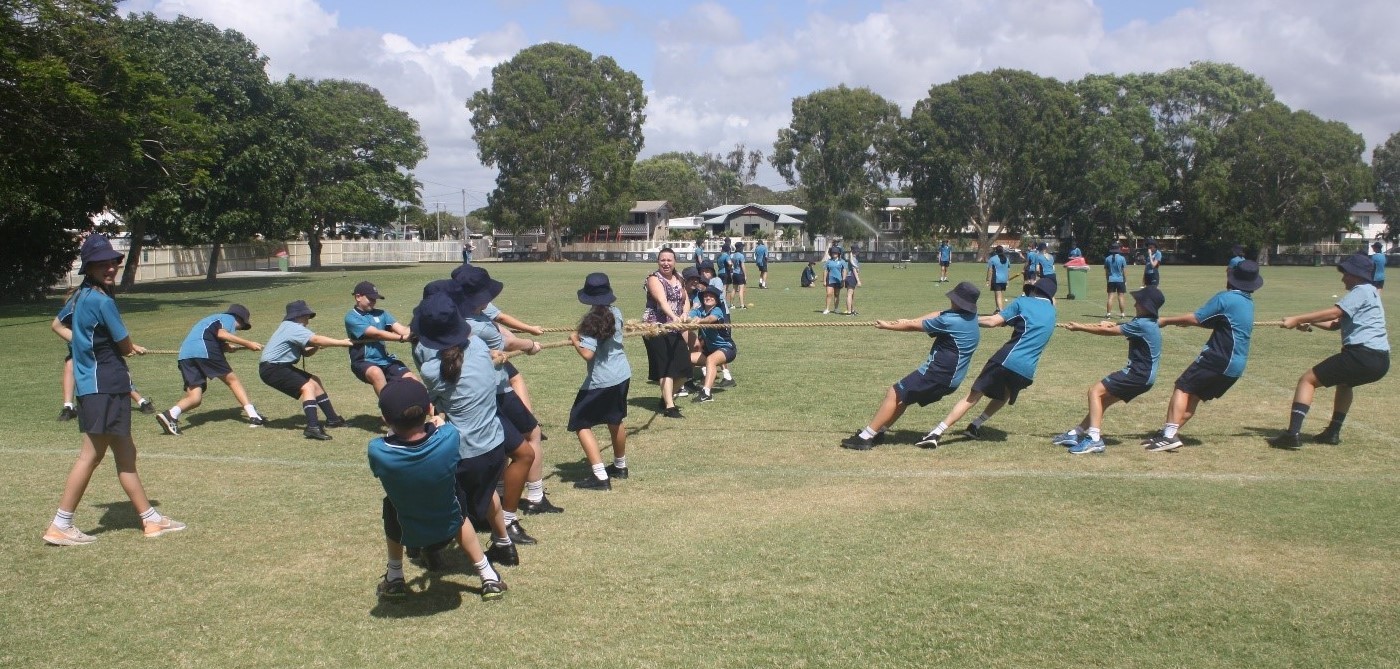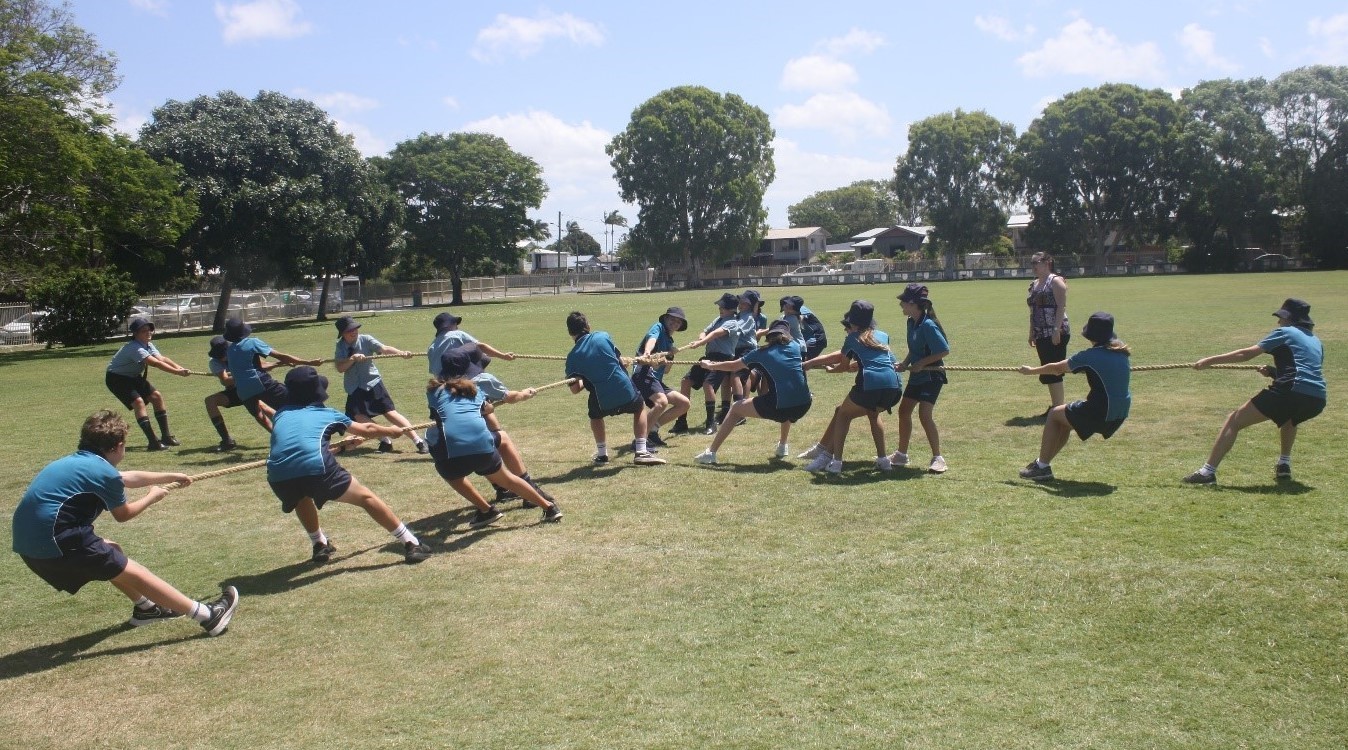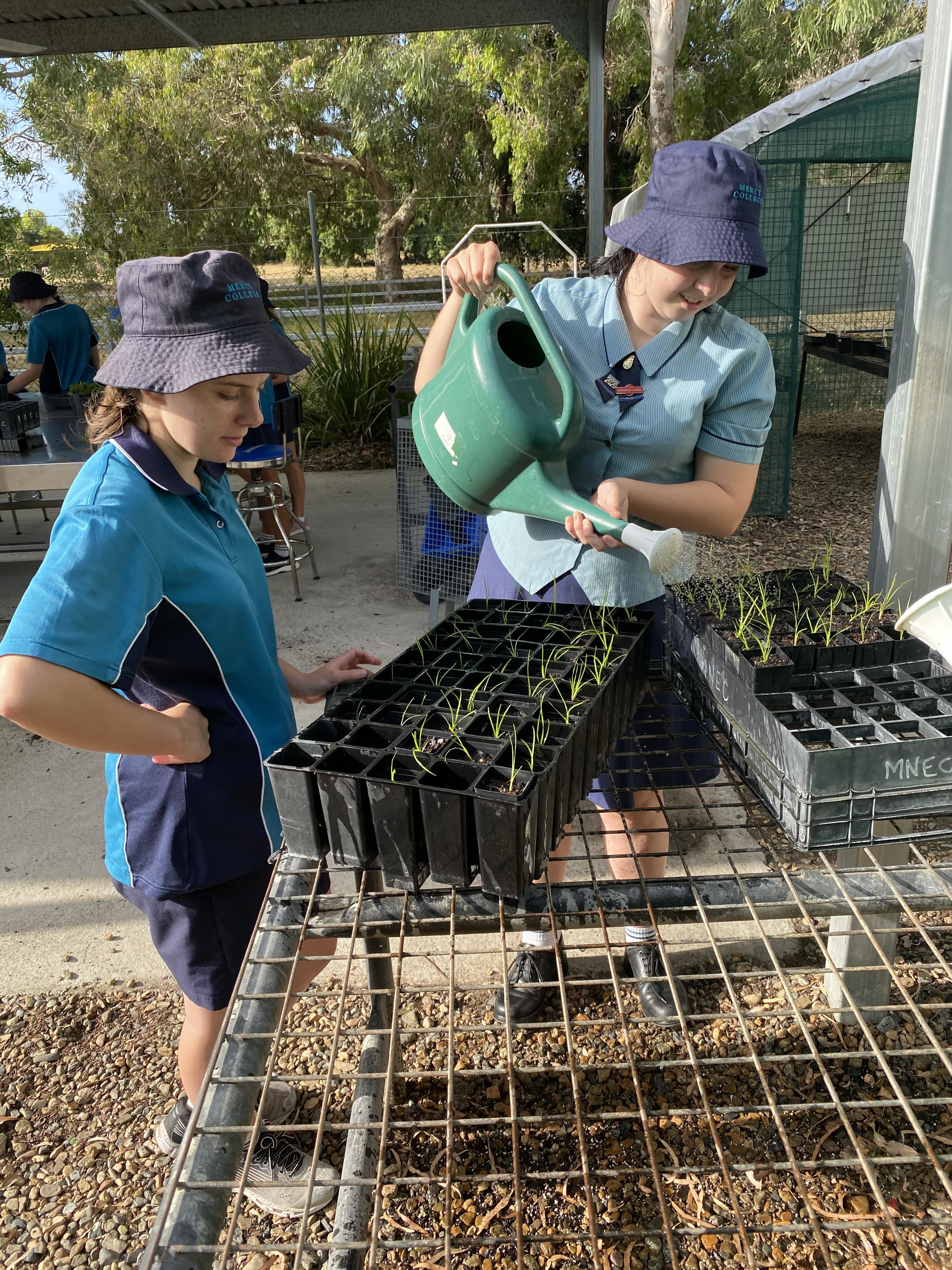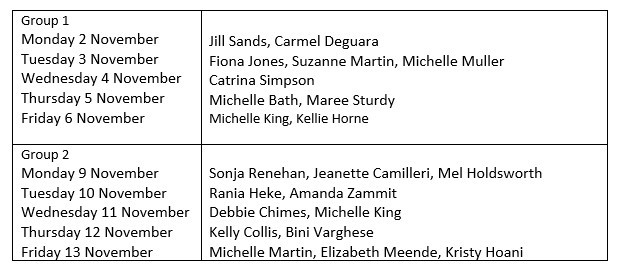Getting Into Trouble - “Twice”

Adam Voigt, former Principal and Education journalist, contributed an article to a recent edition of Education Review. He was addressing the current concerns in schools nationwide about plummeting support for teachers when a parent is advised that the school has concerns about behaviour and or achievement/effort.
Adam would contend over the last 30 years that the real change in the Education Sector was not technology, curriculum or the teacher's role. His contention is far simpler:
“Thirty years ago you got into trouble twice if you got into trouble at school, once at school and then again upon getting home. That's it. This says everything about the relational predicament we find ourselves in now.”
In reflecting on my own experience of schooling in the 60s and 70s, that's exactly how my folks reacted. If I was in trouble at school, I was in mega trouble at home. Maybe as my mother had 7 children she didn't have time to bother, but the ‘old man’ was not full of laughs if any of us brought embarrassment to the family. I settled down pretty quickly.
If in general, parent attitudes to supporting the school has changed, to what does the author attribute this downward trajectory?

“This is an entirely media-driven phenomena. For approximately three decades, current affairs and news programs have been increasingly beaming stories of conflict between parents and schools into our lounge rooms. Conflicts and arguments bring eyeballs, and eyeballs equals ratings. It's that simple.”
Of course, all complaints are not trivial and schools need to always be receptive to improvement, but media influences over time have encouraged a belligerent approach and a superficial lack of understanding of Education as a profession. When you encounter a cross between “Tiger Mum” and “Karen” you know the welfare of the child and support for school action will not necessarily be an outcome.
So how do we improve trust of schools and teachers, given media sources are not going to stop an 'entertainment' driven agenda of exaggerating minor issues?
The author suggests the following:
• communicate on a number of platforms the reality of a caring group of trained professionals who can take a dispassionate view of your child's development
• classroom pedagogy, differentiation, management, feedback and assessment are complex processes. Trust of teachers and School Improvement processes should be the default option
• school leadership needs to support and protect staff going about their job in a professional manner. The infrequent parent engaging in a social media rant or unacceptable phone conversation needs to be reminded of standards in respect, irrespective of the situation
Our school lockdown due to Covid in Term 2 of this year reminded many parents why they send their children to school. The support for Mercy College by parents was outstanding, and indeed vexatious incidents involving parent complaints are minimal. When a child going through the normal process of 'kicking the traces' encounters a solid team approach by both school and parent, the development issues fade into the past.
Mr Jim Ford
Acknowledgement: Education Review ‘What to do about disrespect and aggression against teachers’ by Adam Voigt 15/10/2020






